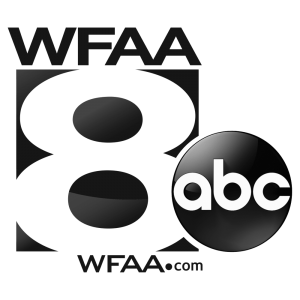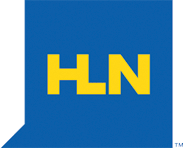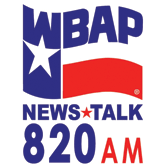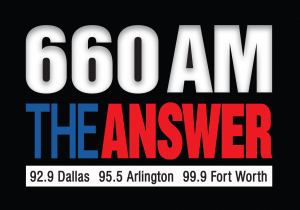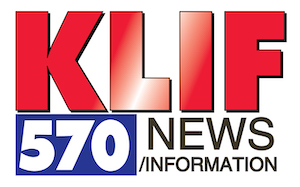401K Rollover to IRA
There are two ways to handle a 401k rollover to an IRA. We will cover both options, the most common reason to transfer your money into an IRA and what will happen if you simply cash out your account instead.
How Does a 401k Rollover to an IRA Work?

If you were laid off and are looking for new job opportunities, you may not have a new 401k plan ready to receive the funds from your old 401k. In this case it makes sense to open an Individual Retirement Account (IRA). In addition, an IRA offers certain advantages when it comes to saving for retirement.
A traditional IRA allows you to invest pre-tax dollars and pay taxes when you withdraw as long as certain conditions are met. A Roth IRA allows you to invest after-tax dollars and pay no taxes when you withdraw. Once an IRA account is established, you may then choose how to use your money for investments or retirement income.
401k Rollover to an IRA vs. Keeping Old 401k Account
You may choose to leave your money in your old 401k account which is simple, but may not be the best solution in the long term.
- Beware of incurring additional expenses. Retirement accounts may have management fees associated with their upkeep. Your former employer may not want to deal with administering your account and may pass these expenses on to you.
- You may find it difficult to get assistance when you need it.
- While we do not recommend borrowing against your balance, staying in your current plan may prevent you from doing so. This leaves you with less flexibility.
- Keeping this “orphan” account means that you may have a separate account to track and manage. A 401k rollover to an IRA your accounts
- If your 401k account balance is below a certain minimum, your former employer may choose to simply close your account and send you a check. While you may initially see this as a windfall of “free money,” this triggers tax consequences.
401k Cash Out
If you receive cash for you old 401k without designating another qualified retirement account, your former employer is required to withhold and send 20% of your money to the IRS. If you do not deposit your money into a qualified retirement account within 60 days, you will have to pay taxes PLUS an early withdrawal penalty of 10% if you are under the age of 59 1/2. You will also have to come up with money out-of-pocket to make up for 20% that was withheld to the IRS. You will not be able to recover the money withheld to the IRS until you file your next tax return.
401k Rollover to an IRA Options
There are two options to choose from when you decide to roll over to your 401k into an IRA.
- Direct Rollover – Also known as a trustee-to-trustee transfer, this option is the most simple and direct way to rollover your 401k money. There are no taxes, withholding, or penalties. A check is simply sent from your current plan to the designated retirement account such as your new employer’s 401k (if you’ve found a new job right away) or an IRA. If you do not have an IRA, we can assist you with opening one.
- Indirect Rollover – If you choose to do an indirect rollover, you will receive a check MINUS the 20% that is required to be withheld by your former employer and sent to the IRS. The rules, taxes, and penalties for a cash out apply to an indirect rollover. Here is an example of what happens in an indirect rollover:If your 401k account balance is $100,000, you will receive a check for $80,000. Your former employer will send the IRS $20,000. You must send your new IRA custodian a check for the full $100,000 within 60 days in order to avoid taxes and the 10% early withdrawal penalty if you are under the age of 59 1/2. This means that you must come up with $20,000 out-of-pocket to avoid paying taxes and penalties. You will receive the extra $20,000 from the IRS when you file your tax return.
To learn more about your personalized options for a 401K rollover to an IRA, contact the financial professionals at Annuity Watch USA.
Disclosure: You are encouraged to discuss rolling money from one account to another with your financial advisor/planner, considering any potential fees and/or limitations of investment options.
DeWitt & Dunn does not provide tax/legal advice. Please consult with the appropriate professional.

